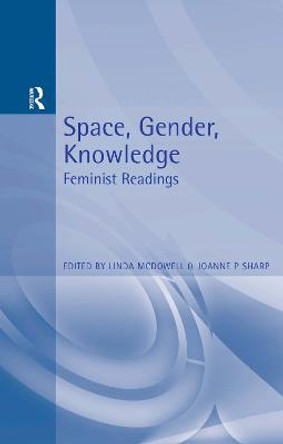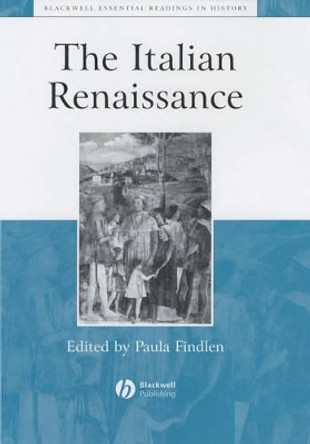Description
Sixty years after Understanding Media, Marshall McLuhan remains one of the best known and most influential intellectuals of the twentieth century. Far beyond academia, readers (and non-readers) recognize his coinages, such as ‘the Gutenberg era’, the ‘global village’ and ‘the medium is the message'. A literary scholar by profession, McLuhan was one of the first academics to recognize the new opportunities offered by radio and television to reach audiences beyond the readerships of scholarly journals. His talks and appearances ushered in public intellectual debate concerning the ‘electronic age’. Although his reputation waned in the 1970s, the recent making-available to the public of his extraordinary personal library of some six thousand books enables new kinds of analyses of McLuhan as a reader, thinker, and cultural force. The essays here focus not so much on his media theory per se as on the habits and practices that animated his reading, and on the larger questions of what reading and not reading mean. We don’t need to agree with everything McLuhan says to make valuable use of his work. New resources offer us an unprecedented opportunity to revisit one fallible human reader whose texts and ideas are good to think with (and against). This book was originally published as a special issue of the journal, Textual Practice.
Book Information
ISBN 9781032427645
Author Paula McDowell
Format Paperback
Page Count 166
Imprint Routledge
Publisher Taylor & Francis Ltd
Weight(grams) 453g






